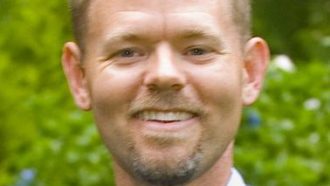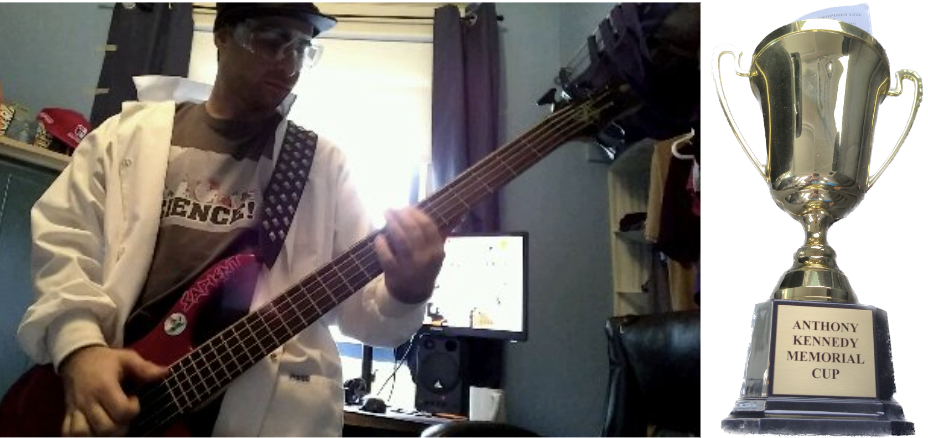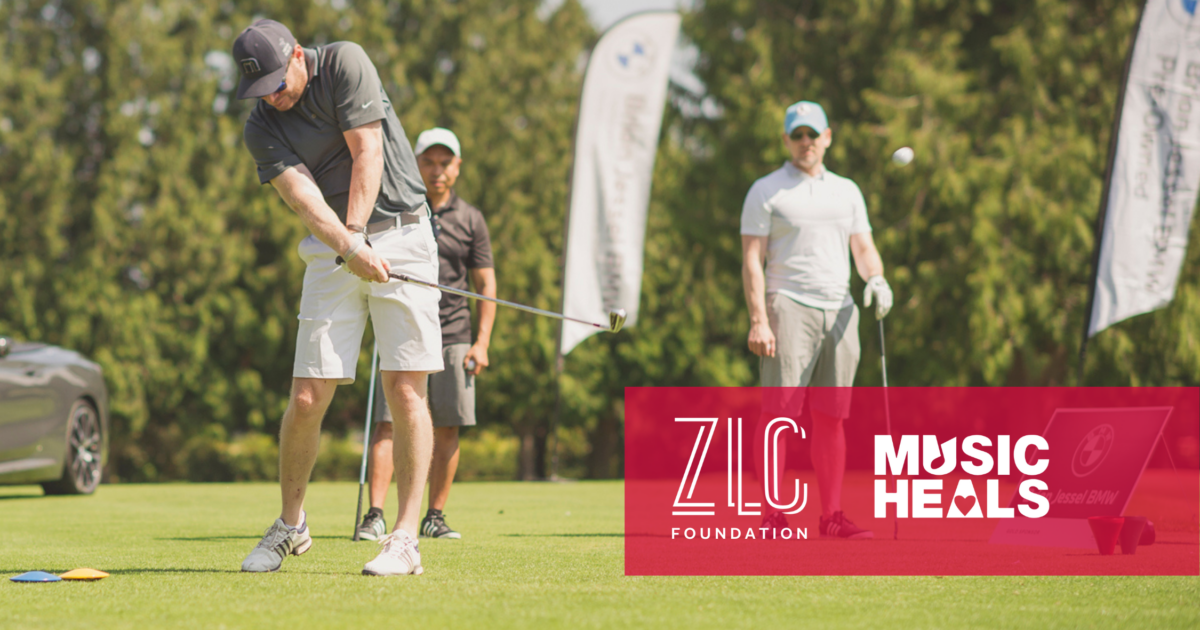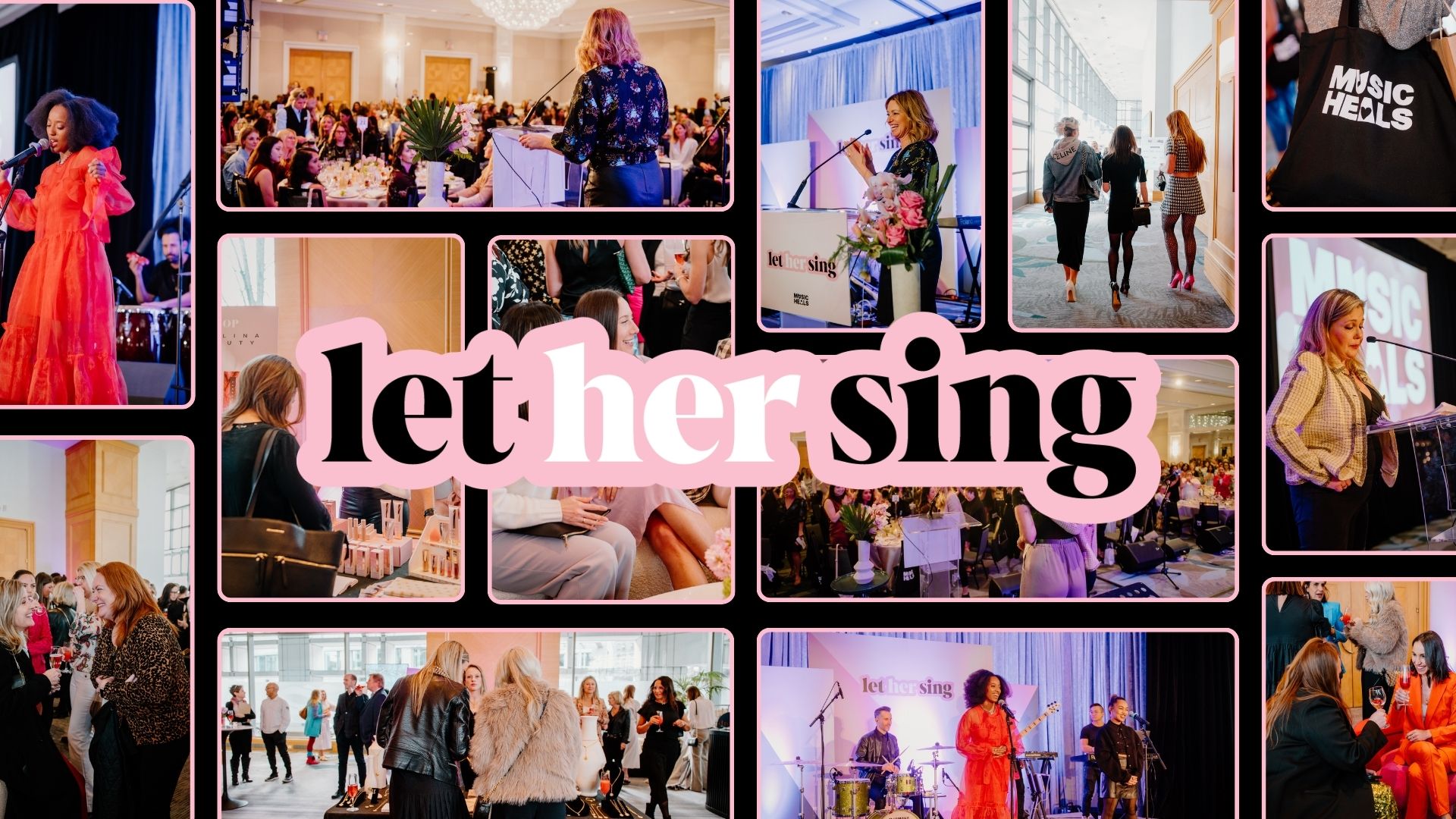The Crossroads between Words and Music: Combining Counseling with Music Psychotherapy
By Music Heals March 17, 2014

Monday, Mar 17, 2014
Written by Joel Kroeker, RCC, MA, MMT, MTA
Joel Kroeker RCC, MA, MMT, MTA is a CVAP-certified Registered Clinical Counsellor, a Music-Centred Psychotherapist and the founding international workshop facilitator of Archetypal Music Psychotherapy (AMP). He serves on the board of the Vancouver Jung Society and is an international recording and touring artist on True North Records. He currently divides his time between his clinical practices in Vancouver and Victoria and pursuing post-graduate studies at the C.G. Jung Institute in Zürich and lecturing at various universities across Brazil and North America. Feel free to contact Joel by email at joelkroeker@hotmail.com. For more information about his Archetypal Music Psychotherapy method please visit his website at: www.joelkroeker.com.
We are grateful here at Music Heals for the interesting and relevant knowledge that Joel Kroeker generously shares with our readers. Folks, be sure to take advantage of this opportunity to learn and engage with another professionals input. Let it encourage you to further understand musics role in helping people heal and spur you on in the work you do!
_______________________________________________________
As a registered clinical counsellor and a music-centred psychotherapist I often find myself at the crossroads between words and music in my clinical work.
I often draw on music and sound because I have yet to meet someone who has no intimate connection with some form of music:
· Children and some adults respond bodily to music and rhythm combining proprioceptive awareness with deep-seated emotional release.
· Seniors can re-live long forgotten moments from their life through singing old favourite songs in a group setting.
· Youth can establish and express social identity through group improvisation and experimenting with digital media in my recording studio.
· Clients who are non-verbal, due to brain injury or a wide range of pervasive developmental disorders, can find a way to communicate through the language of musical elements such as tempo, dynamic volume, turn taking, crescendo and repetition.
· Clients in active psychosis can experience a sense of shared, grounded reality through the methodical process of recorded songwriting sessions, which are reinforced by listening back to their own voice through previous musical creations.
· Clients with anxiety-related issues can engage in mindfulness-based musical processes to re-establish a sense of solidity and reliability in the present moment through the predictability of certain types of music and rhythm.
These are just a few examples of the diversity of populations that engage regularly with therapeutic musical processes.
Some of the work I do as a supervisor and a psychoeducational workshop facilitator is about helping counsellors hear the music that already exists in their current clinical work. It simply takes a slight shift of perception to hear the underlying musical qualities and characteristics of the duet, trio or chamber orchestra that is expressing itself musically throughout the therapeutic dialogue. The voice naturally contains musical aspects of tempo, pitch, phrasing, timbre, meter, registral range, melody, rhythm, pacing, dynamic volume and even harmony.
Words can also be used defensively or as a way of shielding some of the core issues at play within the therapy. Music can too, but non-verbal expressions tend to slip past defenses more directly into the vulnerable realm of emotion and deep-seated feeling. This is why music therapists need specialized post-graduate level ethics training to learn about potential dangers, risks and contraindications before practicing professionally.
As a client and I make music together, manifesting our hazy inner world into sound, we can often hear, feel and sometimes even see more clearly aspects of an underlying dynamic that may have had a powerful but secret influence for a long time. This process of transformation from unknown to known can be observed through changes in somatic (ie. ‘body’) sensations and mental/psychological states and through the awareness of shifts in energy level and these changes can be identified, articulated and communicated.
In recent years I have had the good fortune of being able to present my work internationally in places as far reaching as Brazil, New York, California and across Canada and one thing it has taught me is that we have only begun to scratch the surface of how music and sound-based methods can be effectively integrated into our work as counsellors and therapists. This voyage of self-discovery through musical processes can lead to the development of empathy, an increased ability to integrate difficult emotions, enriched relational abilities, expanded awareness, increased self-confidence, a deeper sense of meaning, and a renewed connection to one’s own creativity. One of the unique gifts that comes with doing this musically is that it can also be fun.
Written by Joel Kroeker, RCC, MA, MMT, MTA
__________________________________________________
Disclaimer: This post is used with permission from the author and does not necessarily represent the views of Music Heals Canada. All content provided on this blog is for informational purposes only. Music Heals Canada makes no representations as to the accuracy or completeness of any information on this site or found by following any link on this site. The owner will not be liable for any errors or omissions in this information nor for any losses, injuries, or damages from the display or use of this information. These terms and conditions of use are subject to change at anytime and without notice.
Are you a music therapist, music therapy intern, or a professional in a field related to Music Therapy that has something to share on the Music Heals blog?
Submissions should include to links to your website and any social media channels you would like included in the article.
Submissions may be edited for length and photos for publication will require a waiver, which will be provided.Submissions should be sent to Alexina Davis: blog@musicheals.ca
Share this article on social media:





